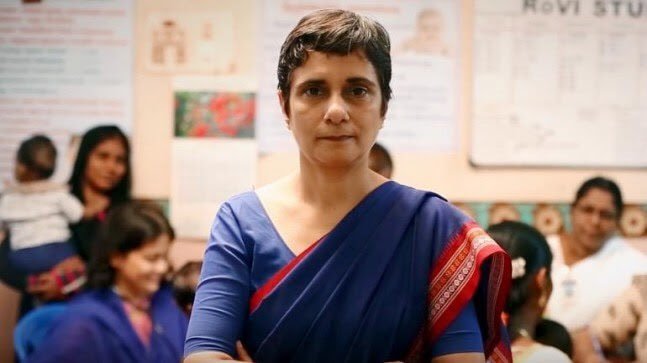Biologist Gagandeep Kang has made history by becoming the first Indian woman to be elected a Fellow of the Royal Society, Britain’s main scientific academy.
“It is our Fellowship that has remained a constant thread and the substance from which our purpose has been realised: to use science for the benefit of humanity. “ Venki Ramakrishnan PRS
— The Royal Society (@royalsociety) April 17, 2019
Meet our new Fellows https://t.co/i1Wg5BoyoZ#RSFellows pic.twitter.com/1PLBivQ5vS
Congratulations to Gagandeep Kang (ED @THSTIFaridabad , Manjul Bhargava (Member, PM’s STIAC)and all others elected as Fellows @royalsociety . Kang is the first woman Fellow from India, if I am not mistaken. pic.twitter.com/4aTCKvVz26
— Principal Scientific Adviser, Govt. of India (@PrinSciAdvGoI) April 17, 2019
Currently serving as the executive director of the Translational Health Science and Technology Institute (THSTI) in Faridabad, Dr Gagandeep Kang is the first and only Indian woman to win one of the most coveted honours in the scientific world.

This is a huge honour for India and Dr. Kang, because she now joins the ranks of scientific geniuses, like Isaac Newton and Albert Einstein.
ED @THSTIFaridabad, Prof. Gagandeep Kang has been elected as a Fellow of @royalsociety for 2019. Many congratulations to her and wishing that she continues to inspire scientists and clinicians alike from the world over.https://t.co/T62g6677cs
— THSTI, Faridabad (@THSTIFaridabad) April 17, 2019
Dr. Kang is a leading scientist in India, with her main research focus on viral infections in children, and the testing of rotaviral vaccines. She was instrumental in giving India the vaccine against Rotavirus.
From an old article by the very inspiring Dr Gagandeep Kang on how gender equality is vital to science for the sake of overall progress. https://t.co/O9FXylegVa pic.twitter.com/ClX1QUFKiH
— The Life of Science (@labhopping) August 9, 2018
This news is pathbreaking in many ways, for women in science (a domain that has largely remained patriarchal). There is a palpable gender gap where women scientists are paid less, promoted less frquently.

















